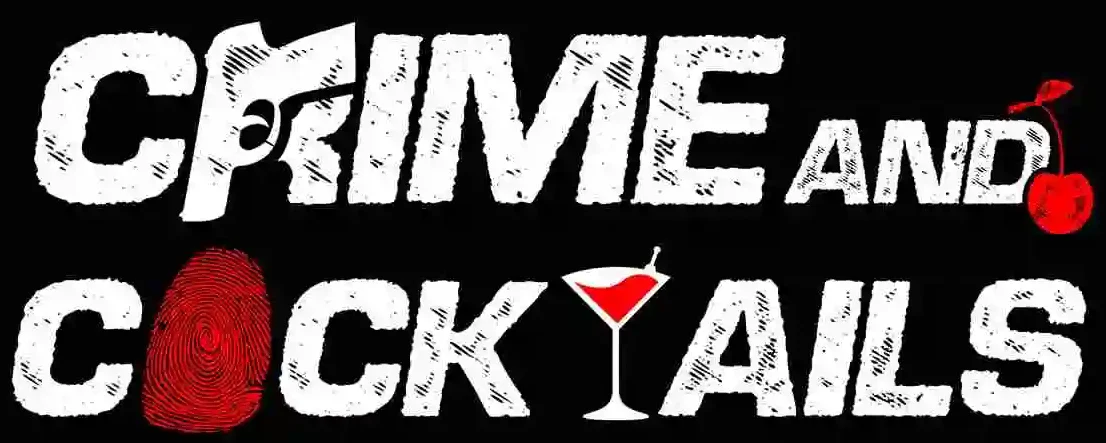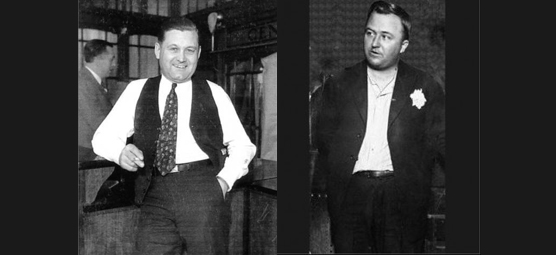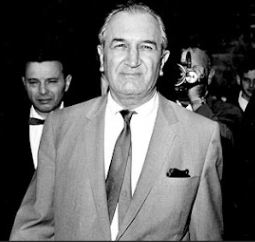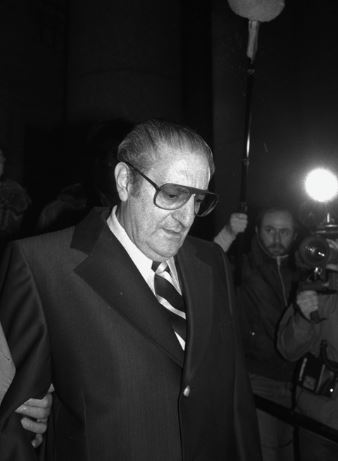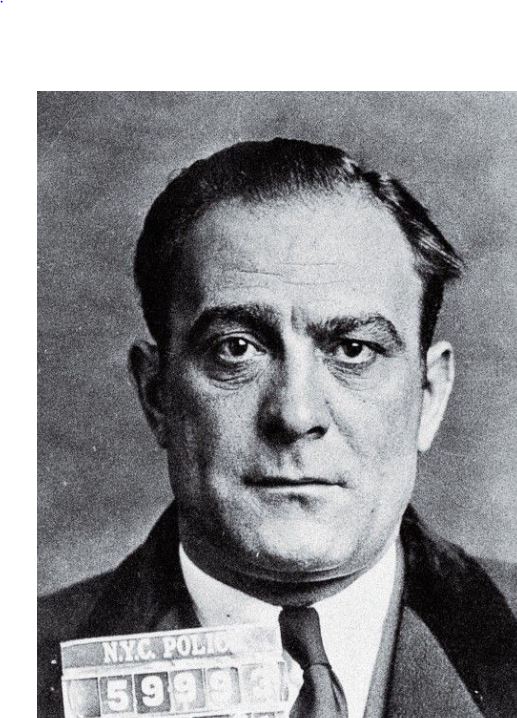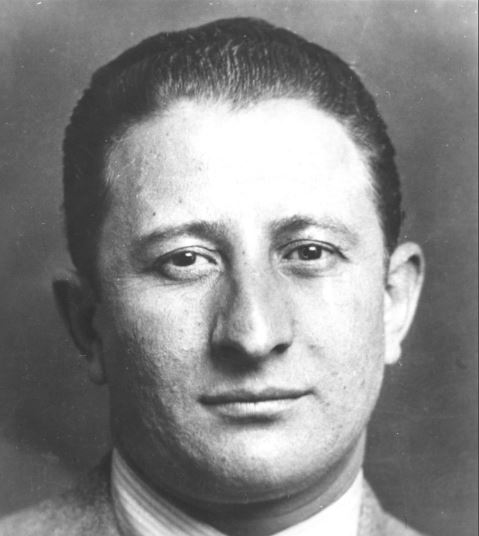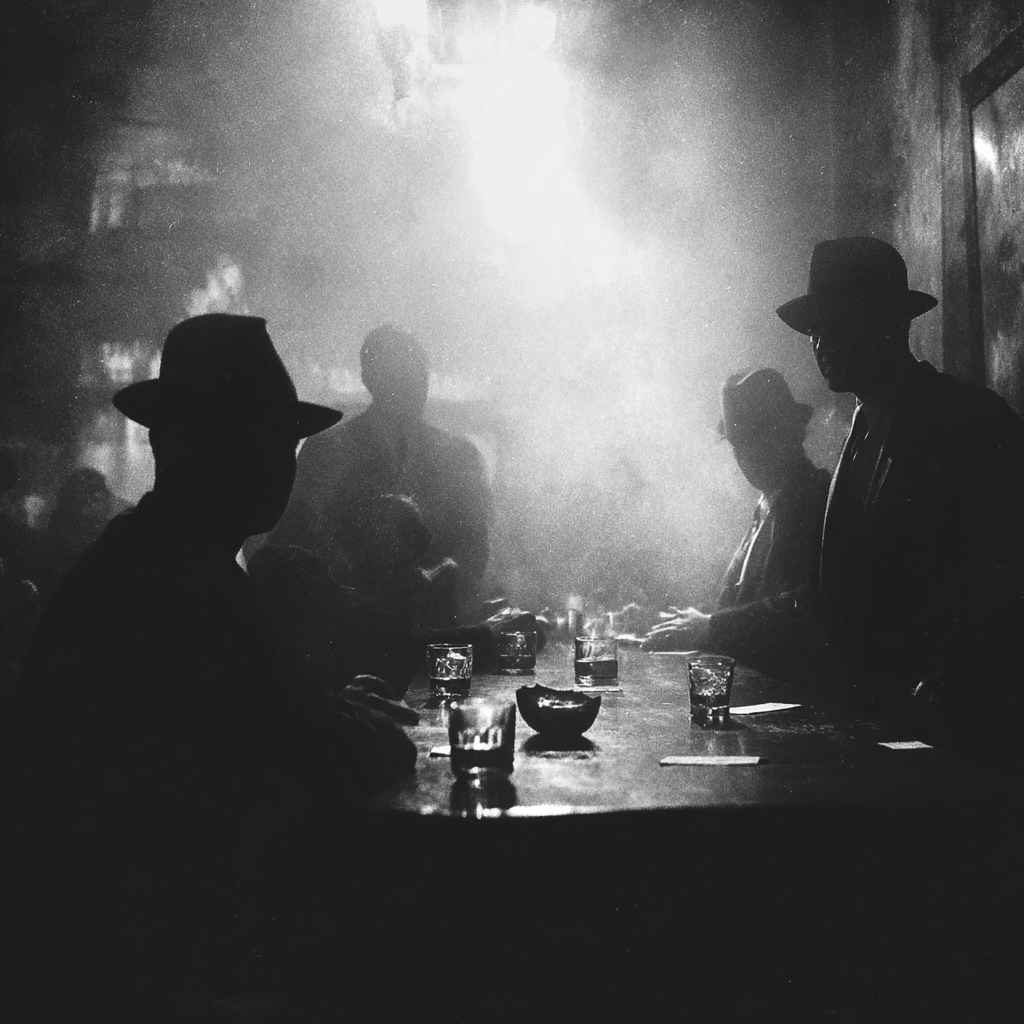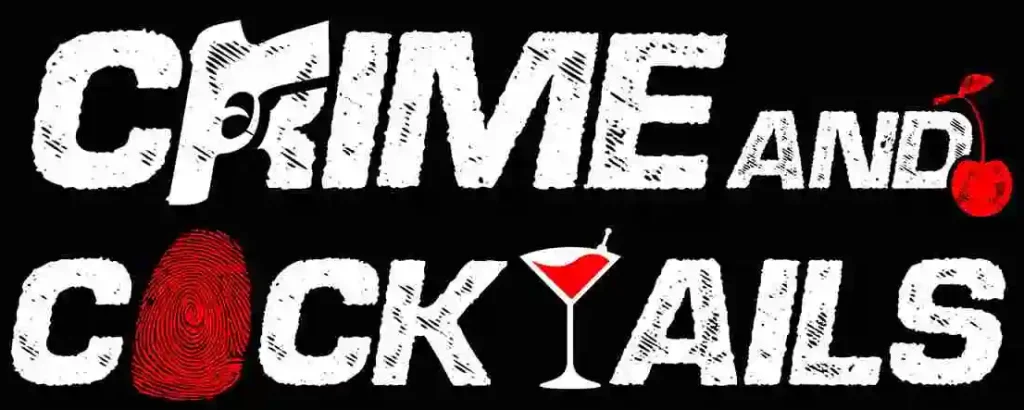Movies have a peculiar way of inspiring people to do things they’ve never considered before. Author Rose Keefe explained how a movie started her on a path of becoming a renowned expert of 1920s crime and its colorful players.
What inspired you to write your first book about 1920’s Chicago crime?
“I’m sure you remember the Brian De Palma film The Untouchables? I saw the movie when it came out (1987) and I really enjoyed it. I was reading John Kobler’s book, Capone: The Life and World of Al Capone, and that happened to be the summer I was working as a tour guide in Eastern Canada. A family from Chicago came to our office one day. There was an older man with him; I found out later that he was 92 years old. He saw the book sitting on my desk and he said, “Oh, you’re reading about that character, are you?” And I said, “Did you work for Capone?” I said that because I knew they were from Chicago, but I was only kidding with them, you know? And he took the question quite seriously and he said, ‘Are you kidding? No way! I didn’t work for that guy. My boss was Dean O’Banion.’”
What did you do?
“I interviewed him right there. O’Banion was the overlord of the North Side until 1924. So here was someone who drove a beer truck for O’Banion. He carried a gun for him. It started as a question and answer session because who wouldn’t jump on the opportunity to talk to someone who lived in that era? O’Banion had been dead for over 60 years. He was just a history book name to me, and here I was talking to someone who knew what he looked like, remembered what he sounded like, worked for him and knew the North Side Gang side of the prohibition story. This was a whole other story that hadn’t been published before because everything up to that point on Chicago gangster history was all about Capone.”
Keefe’s book, Guns and Roses: The Untold Story of Dean O’Banion, Chicago’s Big Shot Before Al Capone was published in December 2003. Her book got the “blessing” from Dean O’Banion’s nephew. This man was instrumental in persuading Bugs Moran’s son to speak to Keefe for her second book. The Man Who Got Away: The Bugs Moran Story, published in March of 2005.
Why does the Saint Valentine’s Day Massacre still fascinate people?
We know “what” happened, but it’s never been conclusively determined “why” it happened. We know there was a murder in a Clark street garage on the morning of February 14, 1929, but it’s never been resolved to everyone’s satisfaction. I got my own information from Moran’s son, but keep in mind, he heard pieces of it from his father over the years and there may be a bias and so much time has passed. The massacre literally shocked the public’s sensitivities, especially since it happened in broad daylight. It was not a two-way fight like Chicago had seen in the past. It was actually a slaughter; a slaughter on St. Valentine’s Day.
Do you think this case will ever be solved?
“Too much time has passed; witnesses have died, so no, I don’t think they’ll ever be a final solution, so to speak. If I had to name an author who came closest to it, it would be Bill Helmer. A lot of what Bill has written in his books matches with what Moran’s son has told me.”
Images courtesy of Rose Keefe
_______________________________________________________________
Books by Rose Keefe:
Guns and Roses: The Untold Story of Dean O’Banion, Chicago’s Big Shot before Al Caponeby Rose Keefe (December 2003)
The Man Who Got Away: The Bugs Moran Story: A Biography by Rose Keefe and Rick Mattix (March 15, 2005)
The Complete Public Enemy Almanac: New Facts and Features on the People, Places, and Events of the Gangsters. by William J. Helmer,
Rick Mattix and Rose Keefe (July 2, 2007)
The Starker: Big Jack Zelig, the Becker-Rosenthal Case, and the Advent of the Jewish Gangster by Rose Keefe
and Patrick Downey (October 1, 2008)
Bad Seeds in the Big Apple: Bandits, Killers, and Chaos in New York City, 1920-1940 by Patrick Downey and Rose Keefe (July 1, 2008)
